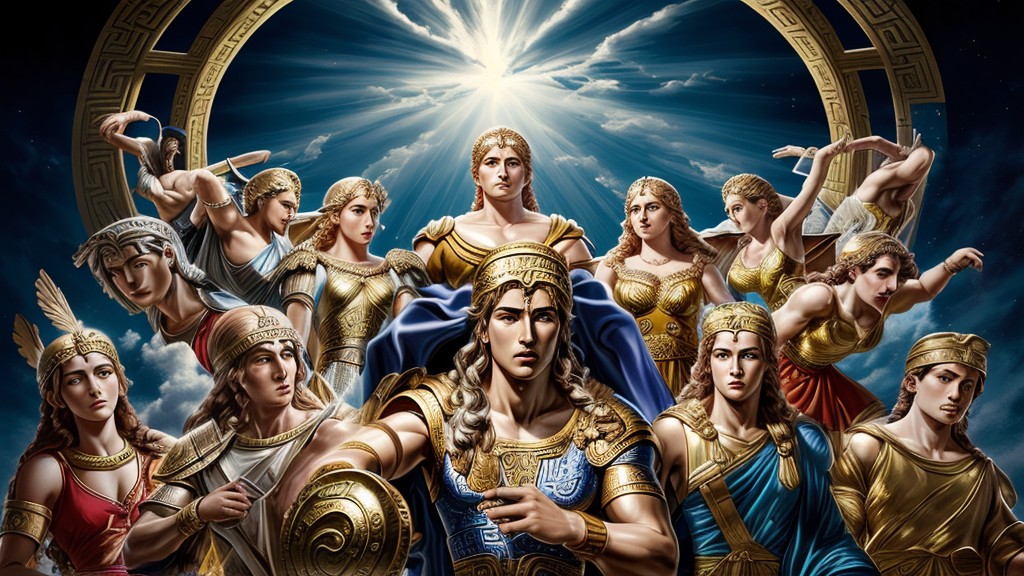
Shop all of our goddess and deity inspired products
In the first century, the Roman poet Manilius wrote “Astronomica”, a celestial epic poem split in to five books. It details astrology and the zodiac and makes assertions about each sign’s association with a Roman god or goddess. To quote the poem itself:
“Pallas watches over the Woolbearer; Cytherea over Taurus; Phoebus the shapely Gemini; You, Cyllenius, over Cancer; and Jupiter, you yourself rule Leo with the Mother of the Gods; Virgo who bears ears of grain belongs to Ceres; and the forged scales to Vulcan; quarrelsome Scorpio clings to Mars; Diana cherishes the hunting man part horse; and Vesta the contracted stars of Capricorn; opposite Jupiter is Aquarius, the star of Juno; and Neptune acknowledges his own Pisces in the upper air.”
So what does the poem mean?

Manilius at times uses epithets for the deities and at times uses the description for the zodiac signs, instead of their outright name. So to simplify this portion of the poem:
- Minerva (Pallas is an epithet) rules Aries (the woolbearer)
- Venus (Cytherea is an epithet) rules Taurus
- Apollo (Phoebus is an epithet) rules Gemini
- Mercury (Cyllenius is an epithet) rules Cancer
- Jupiter rules Leo
- Ceres rules Virgo
- Vulcan rules Libra (the forged scales)
- Mars rules Scorpio
- Diana rules Sagittarius (the hunting man part horse)
- Vesta rules Capricorn
- Juno rules Aquarius
- Neptune rules Pisces
Greek correspondences
For those of the Hellenic persuasion, we can translate these deities over to the Greek pantheon and understand them as the following:
- Athena rules Aries
- Aphrodite rules Taurus
- Apollo rules Gemini
- Hermes rules Cancer
- Zeus rules Leo
- Demeter rules Virgo
- Hephaestus rules Libra
- Ares rules Scorpio
- Artemis rules Sagittarius
- Hestia rules Capricorn
- Hera rules Aquarius
- Poseidon rules Pisces
As we conclude, let us remember that just as the stars and planets are constantly moving and evolving, so are we. Let the wisdom of the ancient gods guide us as we continue to explore and discover our own unique identities. And as the great Roman philosopher Cicero said, “The stars incline us, they do not bind us.” So let us use this knowledge to empower ourselves and create our own destinies. The possibilities are endless.



